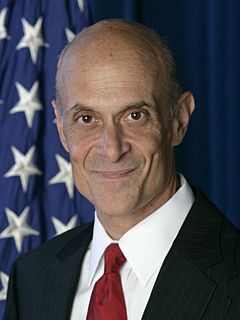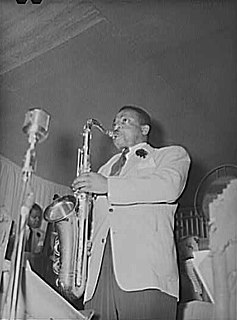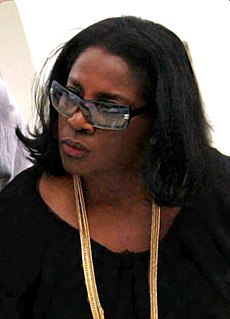A Quote by John Updike
My complaint, as an exile who once loved New York and who likes to return a half-dozen times a year, is not that it plays host to extremes of the human condition: There is grandeur in that, and necessity.
Related Quotes
I've been back in New York a year and a half now. Before that I was on the West Coast for five years. There's no comparison between the two. You hear things in New York you don't hear anywhere else. Unless these guys go out. Quite a few make it out to the Coast. Of course, you can't stay in New York for ever. You have to move.
The Gnostics believed that exile was the essential condition of man. Do you agree? I do. The artist and the addict both wrestle with this experience of exile. They share an acute, even excruciating sensitivity to the state of separation and isolation, and both actively seek a way to overcome it, to transcend it, or at least to make the pain go away. What is the pain of being human? It's the condition of being suspended between two worlds and being unable to fully enter into either.
The New York Times will tell you what is going on in Afghanistan or the Horn of Africa. But it is no exaggeration that The New York Times has more people in India than they have in Brooklyn. Brooklyn is a borough of two million people. They're not a Bloomingdale's people, not trendy, sophisticated, the quiche and Volvo set. The New York Times does not serve those people.
Woodie King Jr., in 1970, had started a company called the New Federal Theatre, which was ensconced at the Henry Street Settlement. I did a number of plays there, and I auditioned each time. The plays were mostly new. New York was very fertile ground; there was a plethora of African-American plays being done.
Recently it's become much to my surprise, something that does happen. For example, I used to get almost all of my stories, and it's probably still true, from newspapers. Primarily from The New York Times. No one ever really thinks of The New York Times as a tabloid newspaper and it isn't a tabloid newspaper. But there is a tabloid newspaper within The New York Times very, very often.
Then he exploded. "No!" he said. That familiar injunction. I'd heard it so many times. "No. I cannot take this steel. It would not be correct." He opened his knife drawer. "It goes here," he said, "until you return."(That's how you leave: by never saying good-bye.)And I learned that: to return. I came back the following year and the year after that. I hope to return every year (after all, I may never have the chance to learn so much), until I have no one to return to. (301)





































